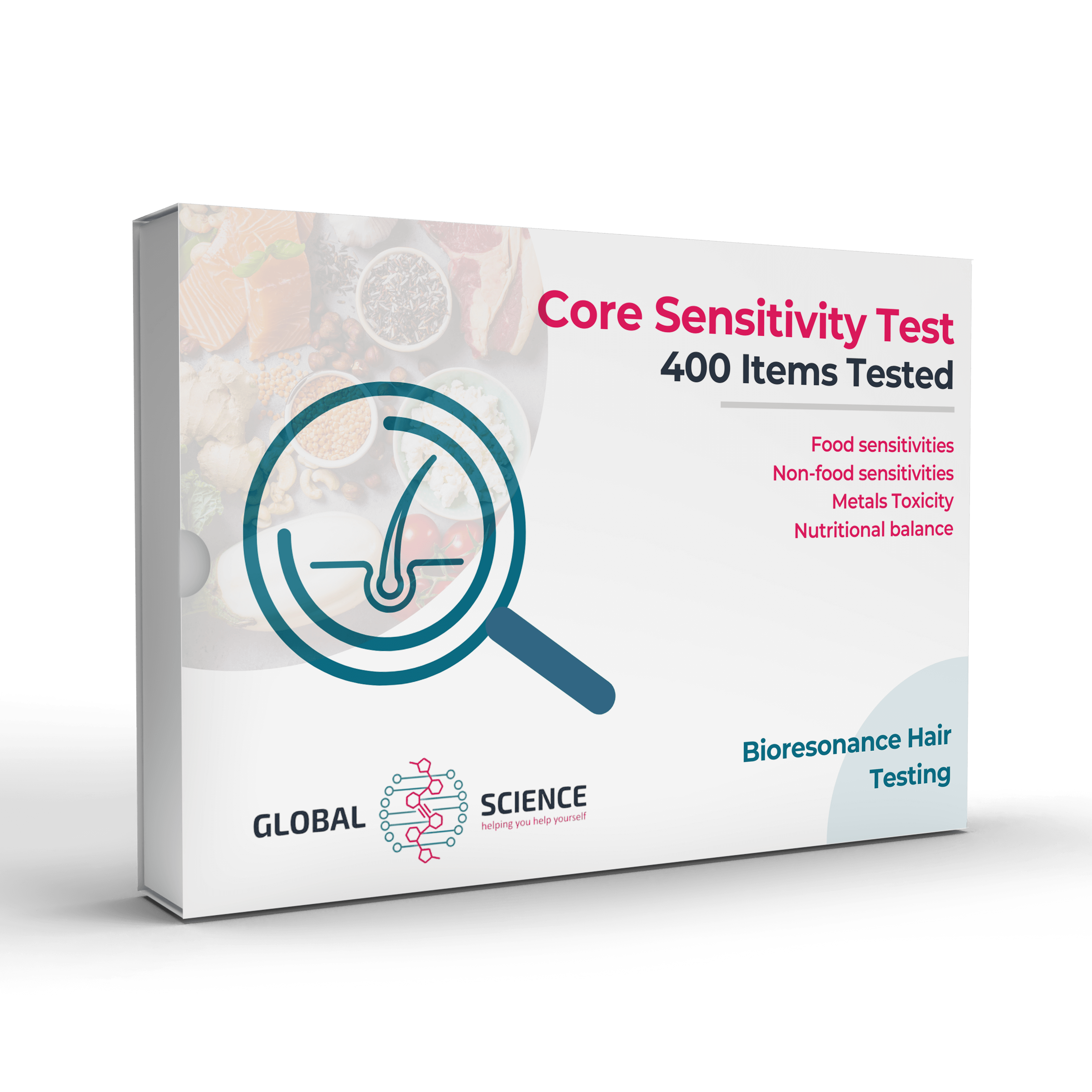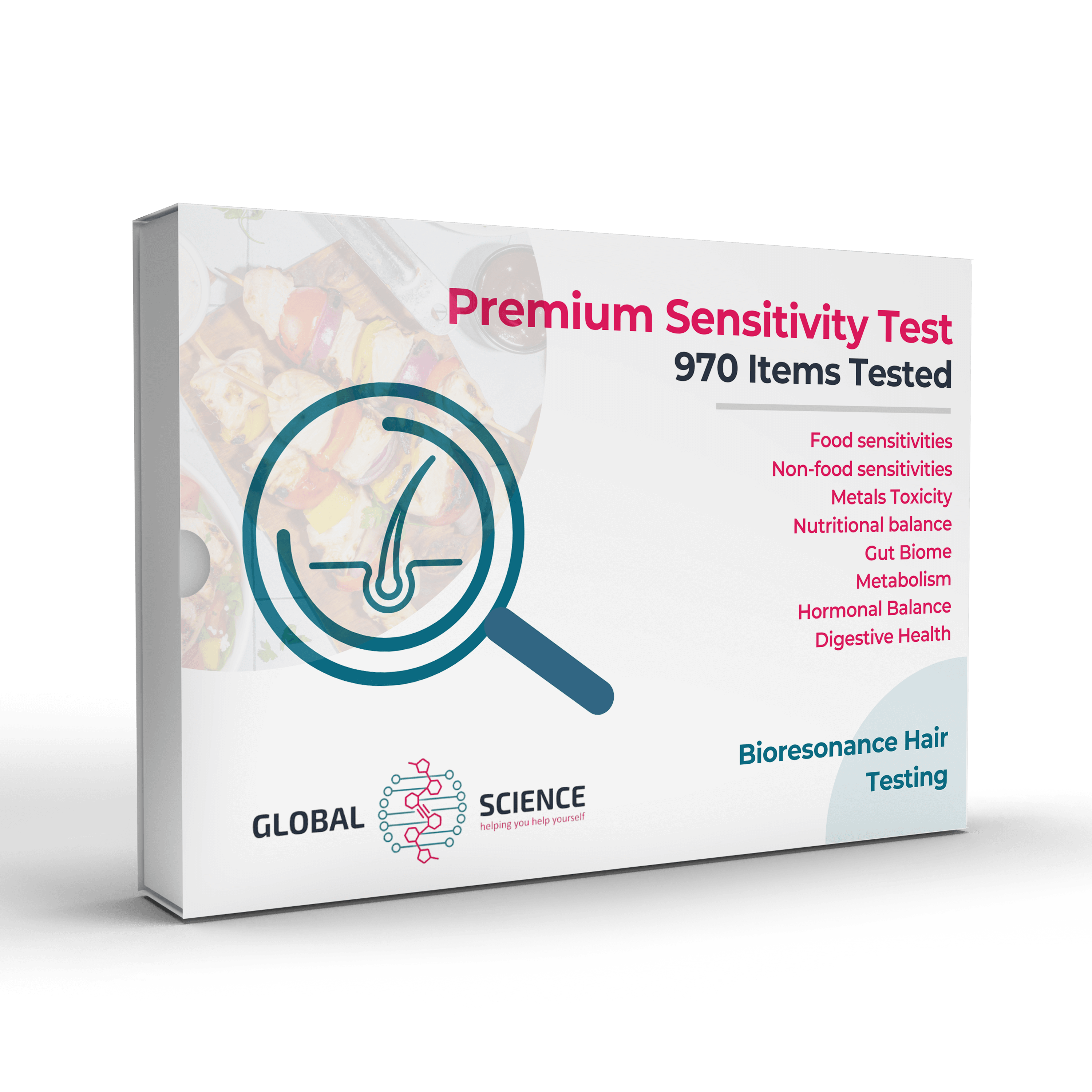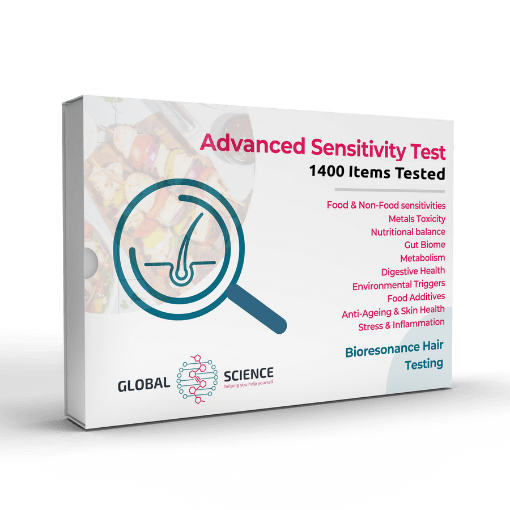Soy Intolerance Guide

Soy is a common trigger for allergic reactions, especially among younger children. Mollakhalili-Meybodi, N., Arab, M. & Zare say this is due to biogenic amines, allergens and anti-nutritional factors that are present in soybeans. Positively, soy proteins that are the cause of soy allergies are less potent at triggering allergy symptoms than other common allergens such as peanuts or shellfish.
What’s more, soy is a common trigger for symptoms where no allergic reaction occurs and is more likely to be a soy intolerance or soy sensitivity due to the digestive nature of the symptoms. If you think you are suffering from a soy intolerance or allergy, this guide will outline symptoms of both, as well as the next steps you could take in getting a diagnosis.
- Rash or hives
- Abdominal cramps
- Nausea or vomiting
- Diarrhea
- Narrowing of the throat
- Swelling of the face or lips
- Anaphylaxis (very rarely)
For individuals experiencing severe symptoms, please seek medical professional help as soon as possible.
Soy Sensitivity Versus Intolerance
Symptoms of Soy Intolerance and Soy Sensitivity Include:
- Tiredness
- Bloating
- Diarrhea
- Gas
- Nausea
Soy Intolerance in Infants
What Do I Do if My Baby Is Intolerant to Soy?
Which Foods Should I Avoid if I Have a Soy Allergy or Intolerance?
If you are allergic to soy, you must avoid foods containing the food item to prevent symptoms from occurring. For people with intolerances, it is possible that after removing the food from your diet for 21 days using an elimination diet, you can reintroduce soy and not experience negative reactions.
Foods to avoid if you have a soy intolerance or allergy include:
- Edamame
- Tofu
- Foods with soy protein
- Soy sauce
- Teriyaki sauce
- Textured Vegetable Protein (often used as a meat and dairy substitute)
- Miso
- Tempeh
- Soy flour
- Natto
- Tamari
It is also important to check the labels on many common foods such as baked goods, canned goods, cereals, ice cream, and frozen dinners, as soy flour is commonly used as an ingredient in processed foods and condiments.
Ingredients which may mean soy and should be avoided too, are:
- Hydrolyzed Vegetable Protein
- Monosodium Glutamate
- Glycine Max
- Mono-diglyceride
Soy Nutrition
Replacing key nutrients when eliminating soy
Vitamin C
Orange, grapefruit, kiwi fruit, mango, papaya, pineapple, strawberries, raspberries, blueberries, cranberries, broccoli, brussels sprouts, cauliflower, peppers, spinach, cabbage, turnip greens, leafy greens.
Potassium
Dried apricots, salmon, mackerel, tuna, monkfish, white beans, lentils, kidney beans, avocado, butternut squash, spinach, mushrooms, bananas, potatoes.
Folate (Vitamin B9)
Lemons, bananas, melons, spinach, broccoli, lettuce, beans, peas, lentils.
Calcium
Phosphorus
Brown rice, oats, rye, whole wheat, quinoa, poultry, pork, liver, sardines, scallops, salmon, mackerel, crab, sunflower seeds, pumpkin seeds, pine nuts, almonds, pistachios, cashews.
Iron
Pumpkin seeds, sunflower seeds, sesame seeds, chicken, oysters, mussels, clams, cashews, pine nuts, hazelnuts, peanuts, almonds, beef, lamb, lentils, white beans, kidney beans, chickpeas, lima beans, spinach, swiss chard, kale.
Soy Intolerance Testing From TMI Testing
If you’re suffering from a soy intolerance, allergy, or sensitivity – it’s wise to get tested so you can start making practical changes to your diet that could improve your wellbeing. At TMI Testing, we are specialist intolerance test providers, and our range of tests include:
Our Best Selling Tests
Our most popular tests. Our non-invasive bioresonance sensitivity test uses a small hair sample to test 1400 Foods, inhalants, vitamins and minerals.
- Budget

Core Sensitivity Test
Was £69.00 Now £27.00 Save £42.00
400 item food, environmental and metals sensitivity test.

Premium Sensitivity Test
Was £89.00 Now £35.00 Save £54.00
970+ item comprehensive sensitivity and health test report.
- ADVANCED

Advanced Sensitivity Test
Was £99.00 Now £47.00 Save £52.00
1400 items, our most advanced sensitivity and health test.
